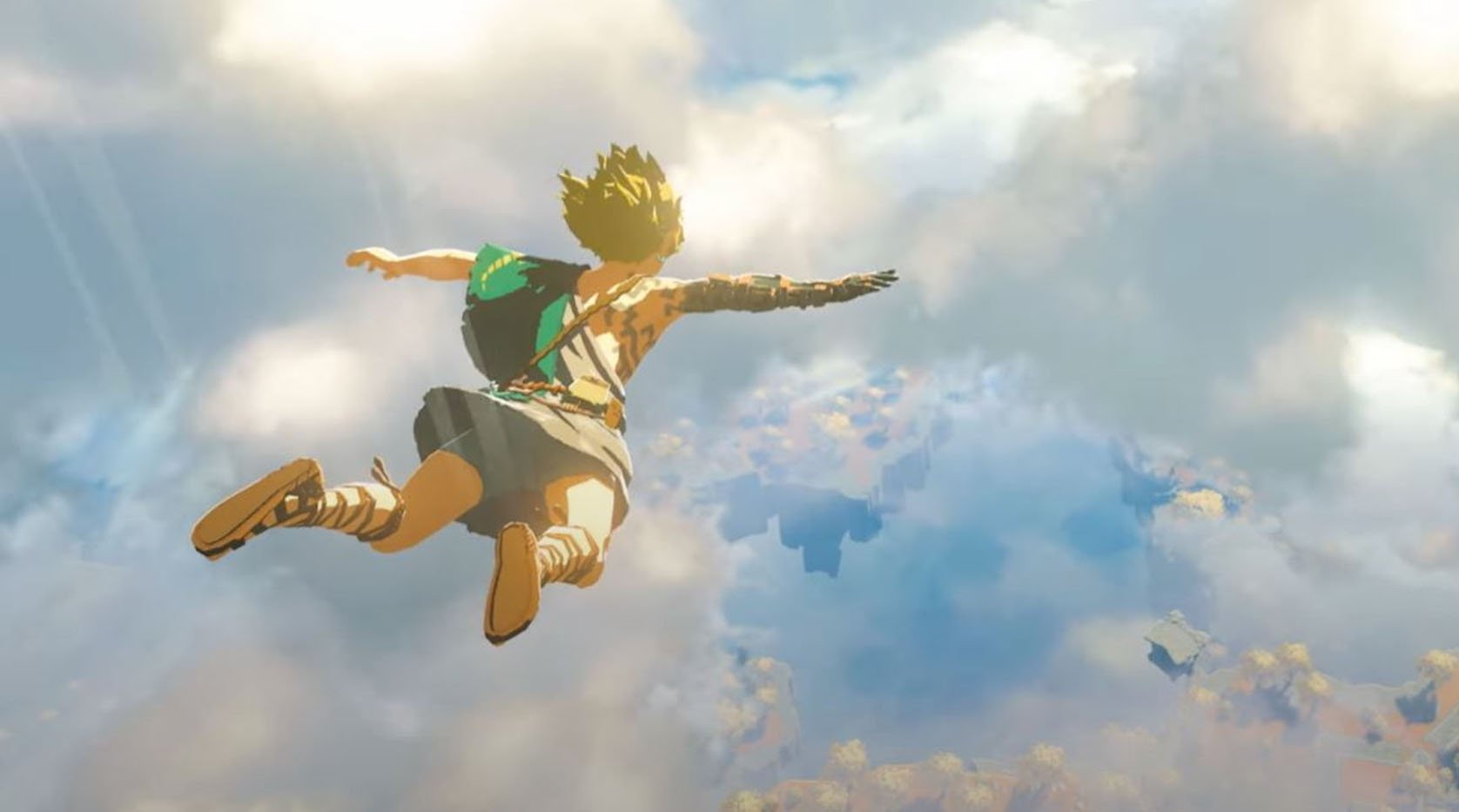Legend of Zelda.
You have to think about the time it was released, there was nothing like it.
Existing User Log In
New User Registration
Register for a free account to gain full access to the VGChartz Network and join our thriving community.
Legend of Zelda.
You have to think about the time it was released, there was nothing like it.
SMB, while SMB3 may be the better game the former has too much impact on the industry.
Where In the World is Carmen Sandiego. Loved that game as a kid.
| Mnementh said: An Infocom text adventure. Way to impress me with an obscure game. |
It's what I do. ![]()
Oh, I forgot Pirates!
My first open-world game which I played hundreds of hours:

Well, the most influential game has to be Super Mario Bros. But the game I played the most is hard to tell because I can't remember too well. The contenders are Mega Man 4, Tetris, Nintendo World Cup, Super Mario Bros 3, Teenage Mutant Ninja Turtles I + II, and perhaps Duck Tales.
I think I'll go with Mega Man 4.
No question that it has to be Mario Bros. 3. Just a blockbuster mega fun game that ended the 80s nicely.

| Jaicee said: There are a couple ways of evaluating what I think is the best game of the 1980s: 1) Which title was the most important? My answer to the second question is very different. A Mind Forever Voyaging is my personal favorite from that decade. It was an interactive fiction novel created to critique the overwhelmingly popular public policies of the Reagan Administration in an era-appropriate cyberpunkish type of way. You play as a sentient computer in the year 2031 and simulate the projected future, at various junctures, of a proposed Plan for Renewed National Purpose in a declining United States of North America whose tenets combine neoconservative Reaganism with populistic economic nationalism of a form we would easily recognize today. The projected future the plan yields after 20 years is bright. But 30, 40, and 50 years down the road, not so much, to put it mildly. |
I used to play a few of the old Infocom games back in the day. I had Zork and Zork 2, Cutthroats, Suspect (which was probably the most complicated one I played, they had a lot of elaborate scripts for the NPCs), and The Hitchhiker's Guide to the Galaxy, which my older sister saw me playing and got me the Hitchhiker books for Christmas. My favorite was Enchanter.
My honorable mentions:
Donkey Kong: it was the first video game I can actually remember playing. I had the Atari 8-bit version, which was one of the few version that had the Cement Factory level and was the closest approximation to the arcade game. It's still my favorite arcade game of all time. I even got the Arcade Archives version for the Switch.
Metroid: Loved the NES music and the atmosphere. I've always said the Metroid games were better Alien games than the actual Alien games.
Joust and Balloon Fight: Joust I played with my sister at the arcade and on Atari, Balloon Fight was the same idea.
Alternate Reality: my first RPG. I'd rank it as the second best game of 1985 after Super Mario Bros. It was pretty complex for its time, with day/night, hunger/thirst, poison, and alignment. It was a modular RPG and I only had the City module, and the only other module that was actually completed was the Dungeon. They had also planned for Wilderness, Palace, Arena, and two story-based modules which were supposed to explain the whole game world, but those never got completed.
Dragon Warrior: First Japanese RPG. I downloaded it for the Switch recently. As simplistic as it is by today's standards, it was really something special on the NES, and I still enjoyed playing through it now.
For me it's Super Mario Bros 3. The sheer scope, variety, and polish outclassed many games of the following generation much less its own. As Rol says, 8-bit graphics aside it really did feel like an SNES game come early. In my opinion, it remains one of the finest 2D platformers ever made even more than three decades later.
Honourable mentions go to Mario Bros 1 & 2, (US/Doki Doki panic version) Galaga, Tetris, and Dig Dug.